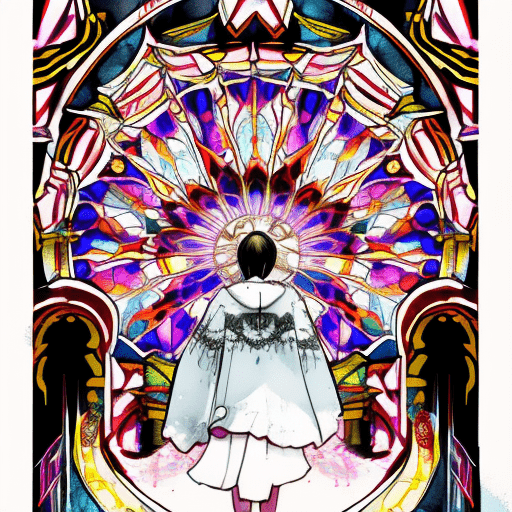One-line Summary:
Pachinko is a sweeping multigenerational saga that explores the lives of a Korean family living in Japan, grappling with identity, discrimination, and the pursuit of the American dream.
Introduction:
Pachinko, written by Min Jin Lee, is a powerful and emotionally charged novel that spans several decades and follows the lives of a Korean family living in Japan. Through vivid storytelling, Lee delves into themes of identity, discrimination, sacrifice, and the pursuit of the American dream. The book provides a compelling exploration of the challenges faced by immigrants and the resilience required to navigate a world that often denies them acceptance.
The Lives of the Baek Family:
The story begins in the early 1900s in a small Korean village, where Sunja, the daughter of a poor fisherman, finds herself pregnant by a wealthy married man. When a kind-hearted young minister named Isak offers to marry her and provide a better life, Sunja accepts, and they move to Japan. In Osaka, they face discrimination as Koreans, forced to live in a Korean ghetto and endure constant prejudice. Sunja’s sons, Noa and Mozasu, grow up facing the challenges of being born as ethnic Koreans in Japan, where they are treated as second-class citizens.
The Pachinko Business and the American Dream:
As the story unfolds, the Baek family becomes involved in the pachinko business, a popular form of gambling in Japan. Sunja’s son, Mozasu, takes over the family business and works tirelessly to provide for his family and secure a better future. The pachinko parlors become a symbol of hope and opportunity, as they offer the chance to earn money and escape poverty. However, the pursuit of the American dream remains a constant theme throughout the book, as characters yearn for a life of freedom and acceptance in the United States.
Identity and Discrimination:
Pachinko explores the complex issue of identity and the struggle faced by the characters to find a sense of belonging. The Baek family, being ethnic Koreans living in Japan, face discrimination and marginalization at every turn. They are constantly reminded of their outsider status and are denied the same opportunities as their Japanese counterparts. The novel highlights the profound impact that discrimination can have on individuals and their sense of self-worth.
Key Takeaways:
- The pursuit of the American dream is a central theme in the novel, as characters yearn for a life of freedom and acceptance in the United States.
- Pachinko explores the challenges faced by immigrants and the resilience required to navigate a world that often denies them acceptance.
- The novel delves into themes of identity and discrimination, highlighting the profound impact that discrimination can have on individuals and their sense of self-worth.
- The pachinko parlors become a symbol of hope and opportunity, offering characters the chance to earn money and escape poverty.
- Pachinko is a powerful and emotionally charged novel that provides a compelling exploration of the lives of a Korean family living in Japan.
“Living everyday in the presence of those who refuse to acknowledge your humanity takes great courage.”
– Min Jin Lee, Pachinko
Conclusion:
Pachinko is a beautifully written and thought-provoking novel that takes readers on a journey through the lives of the Baek family. It explores themes of identity, discrimination, sacrifice, and the pursuit of the American dream. Through the struggles and triumphs of its characters, Pachinko offers a poignant reflection on the resilience of immigrants and the complexities of belonging. Min Jin Lee’s storytelling captivates readers, leaving a lasting impression and a deeper understanding of the challenges faced by marginalized communities.












